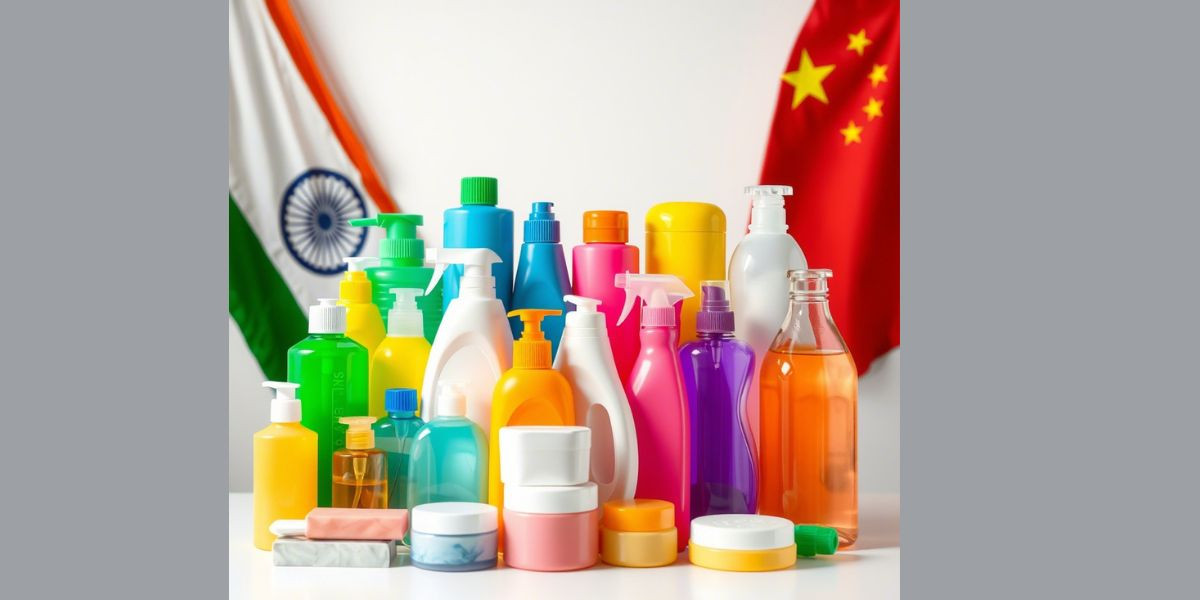Staff Correspondent
Published:2025-05-14 22:10:33 BdST
Bangladesh can produce soap, shampoo’s key ingredient sourced from India
Bangladeshi companies have the capacity to meet the entire industrial demand for key ingredients in the production of shampoo, soap, detergent powder, handwash and other cleanliness items, but unnecessarily low tariffs are keeping the country reliant on Indian imports.
Five Bangladeshi companies can produce 100% of SLES (Sodium Laurel Ether Sulphate), which is one of the main ingredients of manufacturing handwash, shampoo and dish wash liquid, LABSA (Linear Alkyle Benzene Sulphonic Acid), which is one of the main raw material for manufacturing detergent powder, soap and dish wash bar, says a press release.
And yet, due to only 5% tariff pressure, SLES is mostly imported from India and China, and 50% of LABSA requirement is fulfilled with Indian imports.
Only 10% tariffs are applied on SLES and LABSA imports. There is 5% customs duty on imports of raw materials of LABSA the SLES for their local production. That leaves only 5% gap between the duties applied on the raw material and the finished SLES, LABSA products. This small difference is not enough to protect the local industry, and needs to be widened.
Amid inadequate tariff pressure on foreign imports, unnecessarily high Imports of LABSA and SLES are hindering higher capacity utilization of local industries, draining out hard- earned forex currencies and derailing the opportunity to add local value.
LSMAB has strongly reiterated that the Government needs to protect the local industry by imposing higher Customs Duty on import as it has already done on certain sectors such as dairy, electronics, food products, beverage, FMCG products, basic textile chemicals, pharmaceuticals etc. This protection has helped those industries to flourish and self-reliance as a result.
The local manufacturers can supply the entire requirement of the domestic industry - annual demand of LABSA is about 55,000 MT and SLES is about 10,000 MT.
Availability and sourcing of LABSA & SLES locally will help local industries with shorter lead time for raw material, enhance supply chain efficiency with overall cost efficiency.
LSMAB strongly believes that three steps should be taken to protect the local manufacturers. These are - Continuation of Exempted 5% VAT for LABSA & SLES Industry till 2030, Duty free import of LABSA & SLES Raw Materials for 5 years and raise CD to 15% (From 10%) for importing LABSA & SLES (LABSA & SLES CD is 20% in India to protect local Industry).
These steps will create conducive environment for new local and foreign investment in the sector, increase Government’s VAT and Tax revenue, increase opportunities of exports and contribute in the positive impact of country’s economy.
Companies manufacture LABSA & SLES; Rhymer Chemicals Ltd, Crescent Chemicals Ltd, United Sulpho Chemicals Ltd, Liberty Chemicals Ltd and Wata Chemicals Ltd. All of them are members of LABSA AND SLES Manufacturing Association of Bangladesh (LSMAB).
LSMAB has strongly voiced for government initiatives to protect local industry as local manufactures can produce the entire requirement of the country locally ensuring local value addition.
Unauthorized use or reproduction of The Finance Today content for commercial purposes is strictly prohibited.


